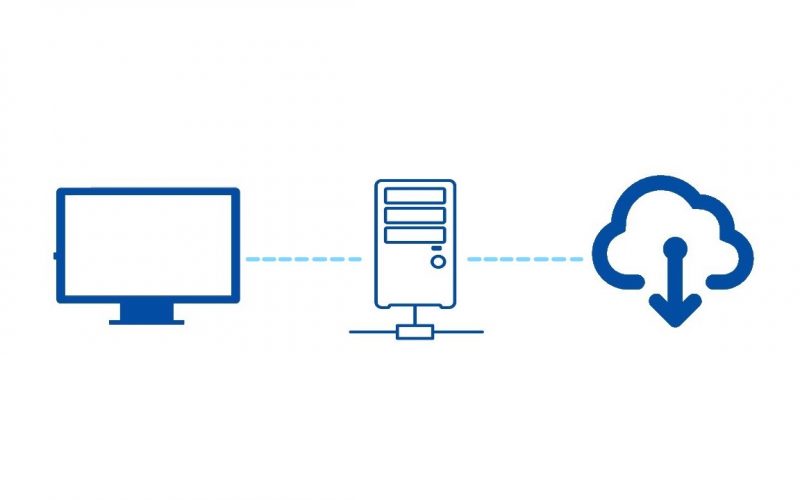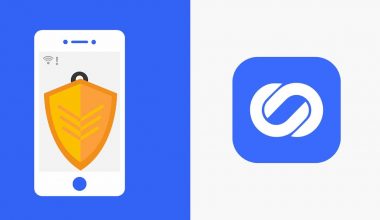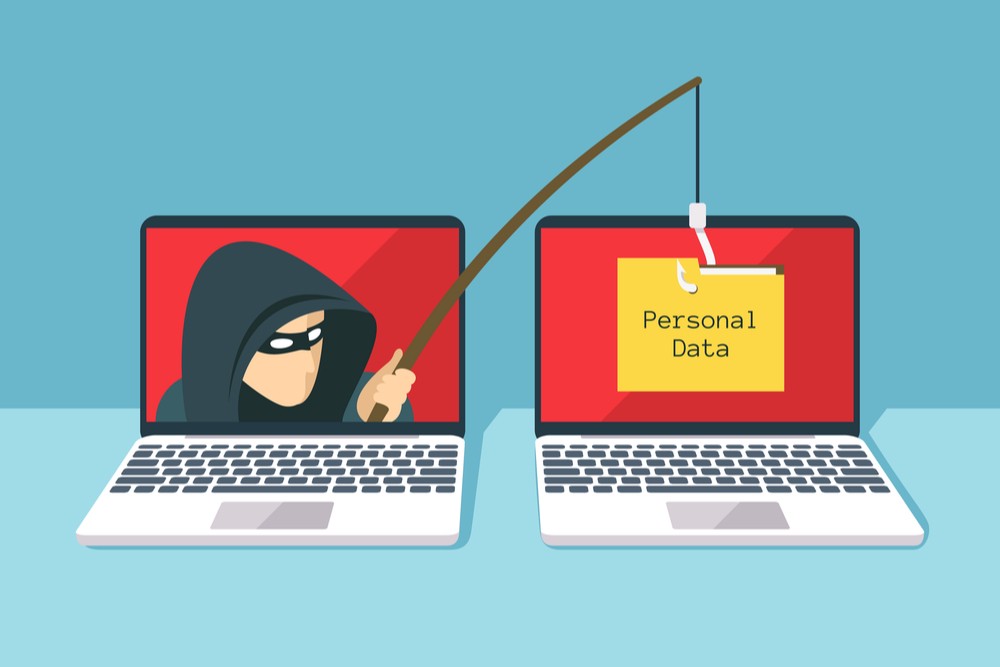Life is more convenient and enjoyable because of the Internet. The problem with that is frequently exposed data breaches and security vulnerabilities.
Most Internet users are supposed to surf the Internet with security tools to protect themselves from various cyber attacks. May it be a firewall, antivirus software, ad-blocker, Tor, VPN, or proxy. Since there are still many people don’t what a proxy is, this post help you get around this.
What is a proxy?
A proxy acts as an intermediary between you and the Internet.
When you visit a website without a proxy, a request that contains your information will be sent to the website server. Then, it will return data to you. Through this process, the website you visit gets some basic information of you, including your IP address, location, what browser or computer you are using, etc.
The situation is quite different when you access the Internet with a proxy. Your requests will be sent through the proxy server to the website you want to visit. When the proxy server retrieves the information you request, it will send it back to you. The proxy can hide your identity to avoid data collection.
Types of proxies
Shared proxy
A shared proxy is used by multiple users at the same time. There is no limit on the number of users. It is usually available for free, which is one of its most significant advantages. Besides, you can appear to be from a different country by switching between proxies around the world, which makes you anonymous on the Internet.
Dedicated proxy
A dedicated proxy (aka private proxy) is only used by one user. That’s to say, the IP address of a dedicated proxy will be only assigned to one user to browse the Internet privately.
Of course, there are also semi-dedicated proxies for a limited number of users. They are perfect for a small group of people such as a company or school to create a shared network connection.
Shared proxy vs. Dedicated proxy
Shared proxies are often overloaded with many users, slowing down Internet connections. It takes more time to load a web page after using the shared proxy. Sometimes, you can’t browse the Internet with a shared proxy.
In addition, browsing the Internet with these shared proxies can be risky because providers can snoop on or interfere with your Internet traffic. And you may fall into legal issues due to illegal activities done by others with whom you share the same proxy.
Compared with a shared proxy, a dedicated proxy is more secure as only you use it. And you enjoy all the bandwidth so that you have a fast Internet connection while using a dedicated proxy. The downside is that the cost of a dedicated proxy is much higher than a shared proxy.
So the conclusion is that you shouldn’t move your trust to free shared proxies as they slow down your Internet and pose threats to your data security and privacy.
Benefits of using a proxy
1. Internet privacy and security
Proxies prevent the website you visit from accessing your IP and other information. In this way, you are protected from potential cyber threats such as hacking and identity theft.
Besides, proxies can also be used to protect your device and filter unwanted content that may contain malware.
2. Access blocked websites
In addition to browsing anonymously, a proxy also allows you to access blocked websites by changing your IP address. For example, if you want to watch the US library of Netflix from outside the US, you need to connect to a US proxy server. By connecting proxy servers in different countries or regions, you will be able to access any website and content.
3. Performance improvement
Proxy servers can also improve the performance of websites. When you visit a website, the proxy server will save an archived version of that website. The next time you visit the site, the proxy checks whether there are any changes first. If no changes are found, the proxy will show you the archived version, which saves you the time of loading pages.
Bottom line
A proxy is very helpful for Internet users. But you should stay away from free proxies because they might be run by cybercriminals or hackers to monitor you online for data collection. Although they are available for free, they can do harm to users. RitaVPN suggests you choose a reliable proxy to browse the Internet.
What is the difference between a proxy and a VPN?
Should I Use Tor and a VPN Together?
How to Stay Safe While Chatting on Omegle?
Popular Adult Site Offers Free Premium Access to Italians in Lockdown
WiFi Password Hacker Cause Data Leakage
Disney Plus is Coming to India via Hotstar
What is the difference between Tor and VPN?
Does Private Browsing Really Protect Your Privacy?
The Difference between a VPN and Incognito Mode / Private Browsing
To achieve ultimate anonymity and security, you’d better use a virtual private network. A VPN service achieves this by masking your IP address and encrypting your traffic data. It is highly recommended that you use a no-logging VPN to stay safe and private online. RitaVPN is the top recommendation.
Learn more from its official website: https://www.ritavpn.com/






